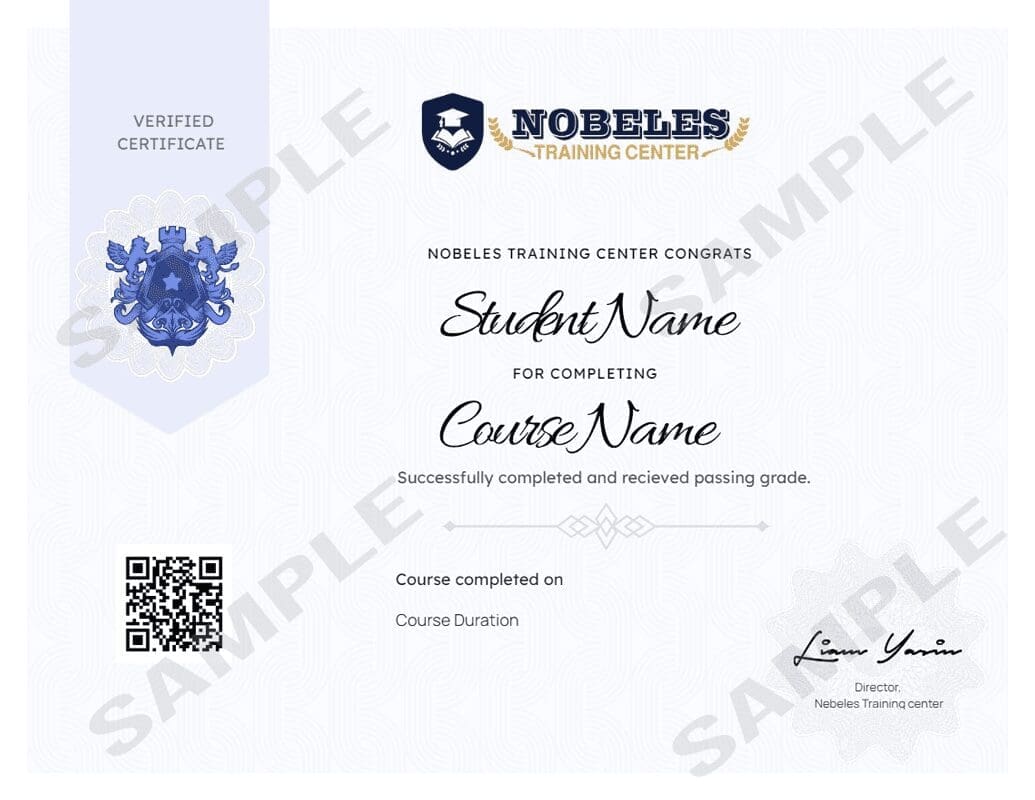Description
Curriculum
Instructor
Life constantly demands our attention, but when we become fixated on the past or worried about the future, we often miss vital information in our present situations. Cultivating a state where you are consistently aware of your present moment is not impossible, but it takes practice. Nevertheless, by learning to abide in the present, you acquire a sense of perspective that can allow you to learn from the past without it overwhelming you with resentment and regret, and plan for the future without it overwhelming you with anxiety or dejection. Implementing the guidelines in this course is the first step to changing your mental and emotional outlook to one that operates in the present moment.
Please enter your name and email to view the content:
Curriculum
- 11 Sections
- 11 Lessons
- 10 Hours
Expand all sectionsCollapse all sections
- What Is Mindfulness?Mindfulness is the practice of being fully present and aware of the moment, without judgment. It enhances focus, reduces stress, and promotes emotional balance by fostering conscious awareness of thoughts and feelings.1
- Practicing MindfulnessPracticing mindfulness involves focusing on the present moment through meditation, deep breathing, and paying attention to sensations, thoughts, and emotions. Regular practice enhances awareness, reduces stress, and improves mental clarity.1
- Emotional IntelligenceEmotional intelligence in mindfulness involves recognizing and regulating emotions, fostering self-awareness, empathy, and resilience. Mindful practices help manage emotional responses, improve relationships, and enhance decision-making through heightened emotional awareness.1
- Cognitive Distortion (I)Cognitive distortions are irrational thought patterns that negatively influence emotions and behavior. Examples include overgeneralization, catastrophizing, and black-and-white thinking, which mindfulness helps counter by fostering awareness and objective reflection.1
- Cognitive Distortion (II)Further addressing cognitive distortions involves recognizing patterns like emotional reasoning or mind-reading, challenging these automatic thoughts, and replacing them with balanced, realistic perspectives through mindfulness and cognitive-behavioral techniques.1
- Mindfulness Based Cognitive TherapyMindfulness-Based Cognitive Therapy (MBCT) combines mindfulness practices with cognitive therapy techniques. It helps individuals break negative thought patterns, reduce stress, and prevent relapse of depression by fostering present-moment awareness and non-judgmental reflection.1
- Mindfulness and GratitudeMindfulness and gratitude involve focusing on the present moment while appreciating life's positive aspects. Practicing both enhances emotional well-being, reduces stress, and fosters a more positive, resilient mindset.1
- Cultivating the High Performance EmotionsCultivating high-performance emotions like optimism, confidence, resilience, and focus involves mindfulness, positive self-talk, and emotional regulation. These emotions enhance motivation, decision-making, and productivity, promoting sustained success in personal and professional pursuits.1
- Mindfulness in Customer ServiceMindfulness in customer service enhances active listening, empathy, and emotional regulation. It helps employees stay present, manage stress, respond thoughtfully, and provide better support, leading to improved customer satisfaction and stronger relationships.1
- Mindfulness and LeadershipMindfulness in leadership fosters self-awareness, emotional intelligence, and focused decision-making. It enhances empathy, reduces stress, and promotes thoughtful communication, enabling leaders to create supportive environments and inspire higher team performance.1
- Post TestPost Test1
Nobles Center

5 Students146 Courses
Review
$195.00
185 students
11 lessons
Language: English
0 quiz
Assessments: Yes
Skill level All levels
Nobles Certificate
At the end of the course, you can download a copy of your certified certificate.
Nobeles Academy
Mobile Application
Download the Nobeles center mobile app from the app app store, click the button below


